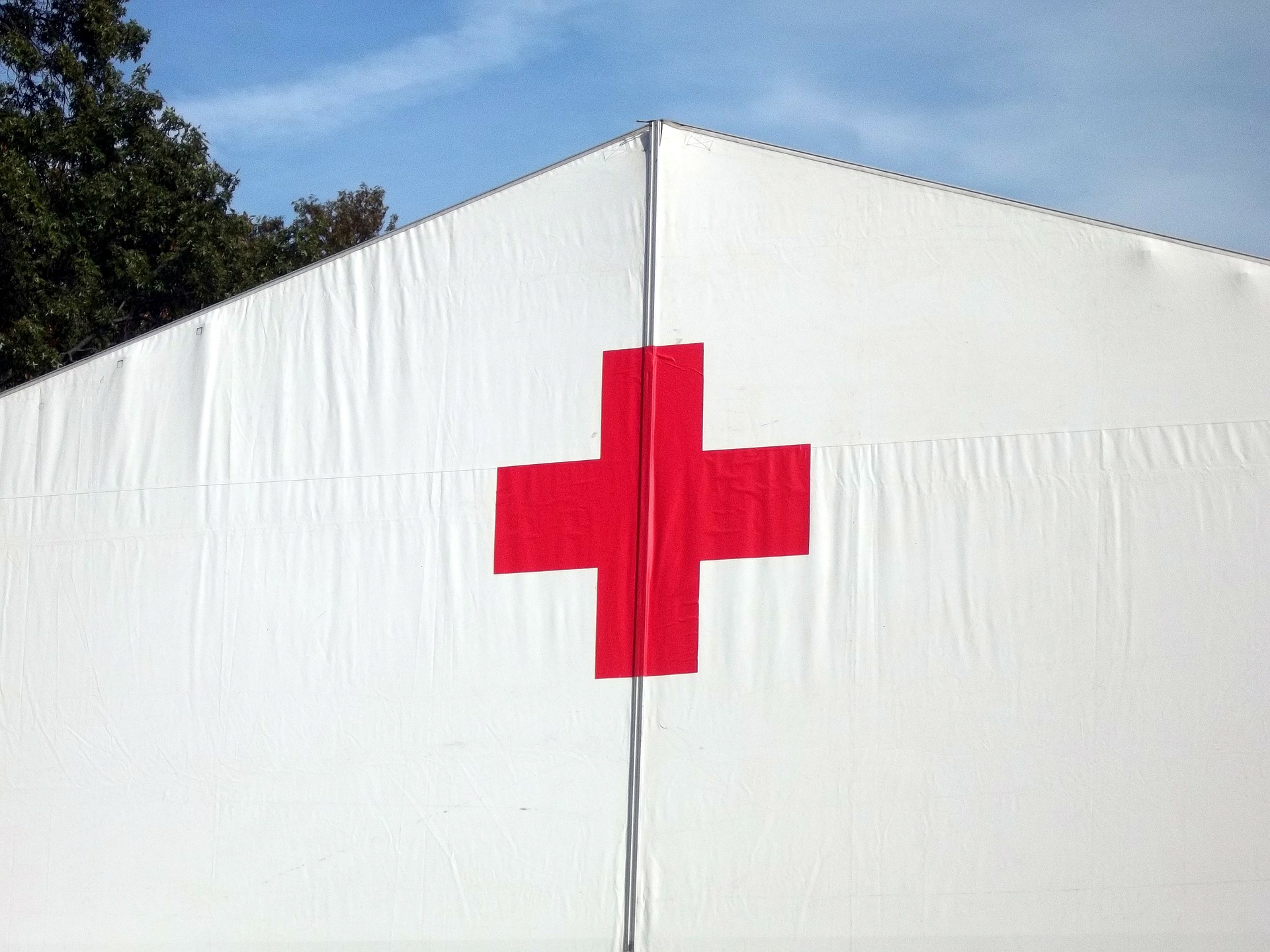
Newsroom@DominionPost.com
CHARLESTON — One year since the World Health Organization declared COVID-19 a pandemic, people have stepped up to address the emotional needs of families reeling from the coronavirus and 2020’s record-breaking disasters.
Americans experienced more billion-dollar disasters in 2020 than any other year on record, and for many, the pandemic compounded the trauma and financial strain of disasters: Struggling families needed help quickly and faced more hurdles to recover as increased anxiety exacerbated many health and mental health needs. In addition, trained volunteers have provided free crisis counseling through the Red Cross Virtual Family Assistance Center for grieving families during COVID-19.
“The past year has been overwhelming for many in our community, and yet through it all, people are caring for one another,” said Erica Mani, chief executive officer for the Central Appalachia Region of the American Red Cross. “When help can’t wait, they provide families with the support they need during emergencies. During Red Cross Month in March, we honor this humanitarian spirit and ask you to join us by donating, giving blood, volunteering or taking a class to learn lifesaving skills.”
What is Red Cross Month?
For nearly 80 years, U.S. presidents have proclaimed March as Red Cross Month to recognize Americans participating in its lifesaving mission — one that is powered by a workforce that is made up of 90% volunteers.
In the central Appalachia region of the American Red Cross last year, nearly 900 volunteers have supported over 1,110 families impacted by home fires, collected over 53,000 units of lifesaving blood, provided over 4,200 services to nearly 1,800 military members, veterans and their families. This lifesaving work is vital to strengthening our community’s resilience.
Nearly 200 years since the birth of American Red Cross founder Clara Barton, the month of March is dedicated to those who continue to advance her legacy to care for people in need.
2021 kicks off with severe weather
So far this year, Red Cross volunteers have provided emergency shelter, food and other assistance following disasters like tornadoes and February’s record onslaught of winter storms, which blanketed some 70% of the continental U.S. with snow, ice and historically low temperatures.
The severe winter weather forced the cancellation of Red Cross blood drives in more than 30 states, impacting more than 20,000 blood, platelet and convalescent plasma donations in February.
In the region, the Red Cross supported shelters and provided assistance to families whose homes were damaged by these winter storms.
This spring, meteorologists are also predicting a potentially volatile severe weather season: For the third year in a row, April could be a very active month for storms in the Midwest and South, and the West could see early drought conditions and heat waves.
A growing desire to give back
A 2020 study on a rise in volunteer experiences added to LinkedIn profiles shows that more people want to help others during this unprecedented time.
Last year, more than 70,000 people across the country became new Red Cross volunteers largely to support urgent disaster and essential blood donation needs. In addition, thousands of COVID-19 survivors — many new to blood donation — rolled up a sleeve to give convalescent plasma and help patients battling COVID-19.
How to help
You can help ensure that families don’t face emergencies alone — especially during a pandemic:
Donate — Support disaster relief efforts at redcross.org/GivingDay. A gift of any size makes a difference to provide shelter, food, relief items, emotional support and other assistance. Donations will be part of the organization’s annual Giving Day on March 24 to aid families in need across the country.
Volunteer — Visit redcross.org/VolunteerToday for most-needed positions and local opportunities.
Give blood — If you’re healthy and feeling well, make an appointment at RedCrossBlood.org. Donations can make a lifesaving difference for a patient in need. As a thank you, those who come to give blood, platelets or plasma on March 15-26 will receive a Red Cross T-shirt, while supplies last.
Learn lifesaving skills — Take a class in skills like CPR and first aid to help in an emergency at redcross.org/TakeAClass. Online options include Psychological First Aid for COVID-19 course, which covers how to manage stress and support yourself and others.
About the American Red Cross
The American Red Cross shelters, feeds and provides emotional support to victims of disasters, supplies about 40% of the nation’s blood, teaches skills that save lives, provides international humanitarian aid and supports military members and their families. The Red Cross is a not-for-profit organization that depends on volunteers and the generosity of the American public to perform its mission.
For more information, visit redcross.org or cruzrojaamericana.org, or visit the organization on Twitter at @RedCross. For the central Appalachia region, visit redcross.org/car or on social media @RedCrossCAR.
Tweet @DominionPostWV
"urgent" - Google News
March 07, 2021 at 11:36AM
https://ift.tt/3bp19gI
After one year of COVID-19, Americans step up to address urgent community needs - Dominion Post - The Dominion Post
"urgent" - Google News
https://ift.tt/2ya063o
https://ift.tt/3d7MC6X
urgent
Bagikan Berita Ini














0 Response to "After one year of COVID-19, Americans step up to address urgent community needs - Dominion Post - The Dominion Post"
Post a Comment